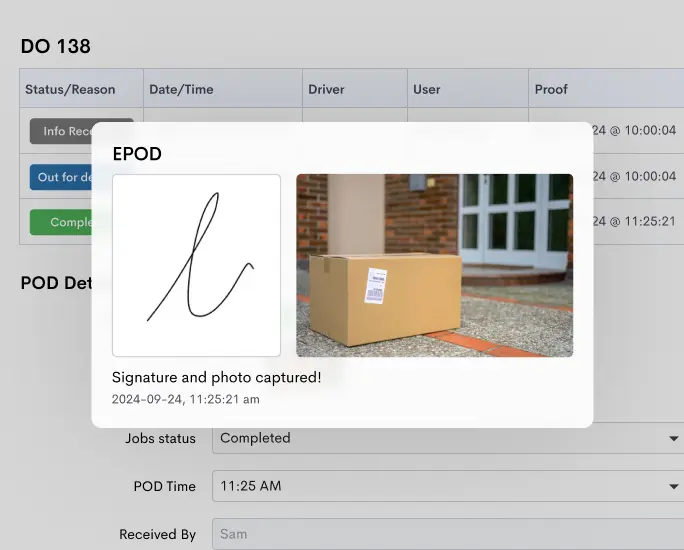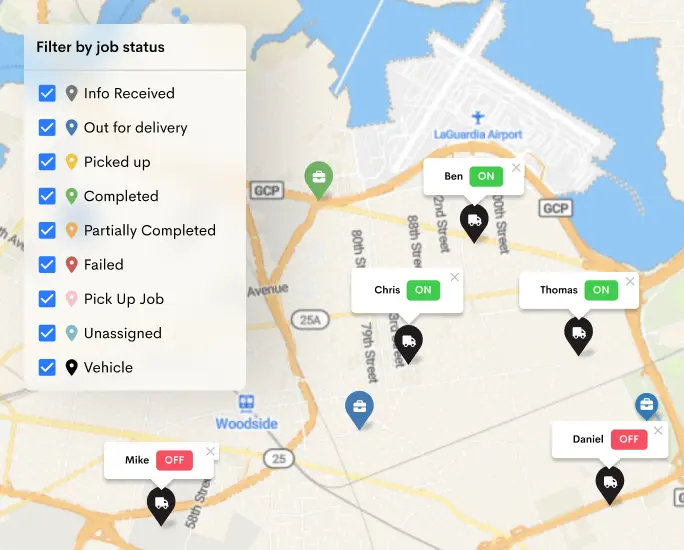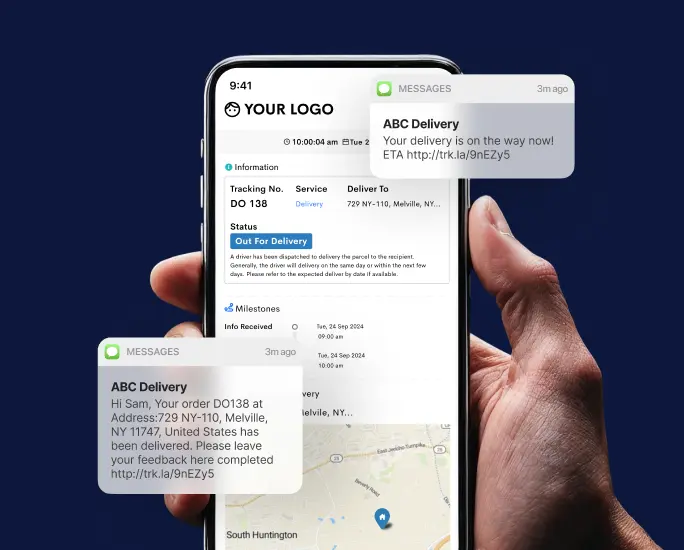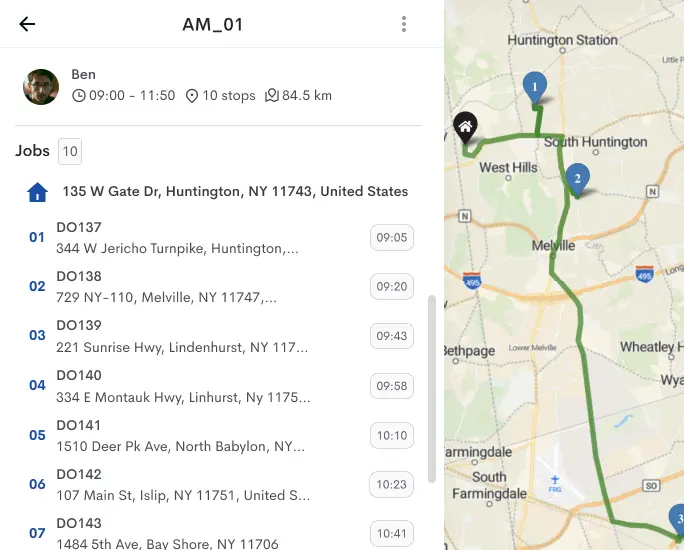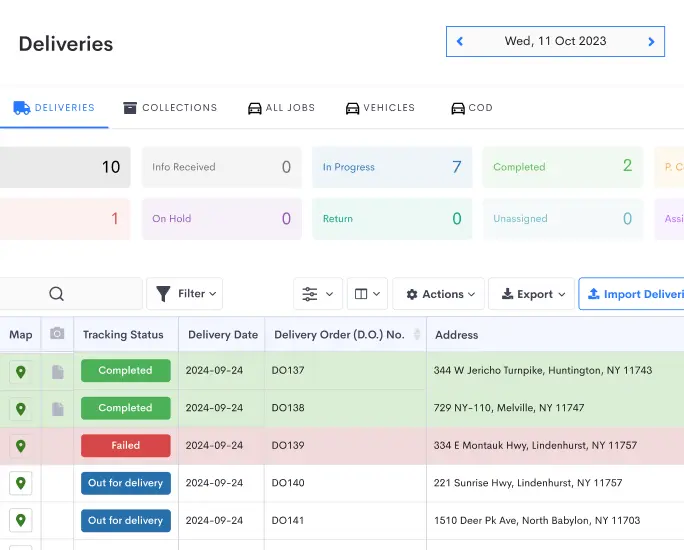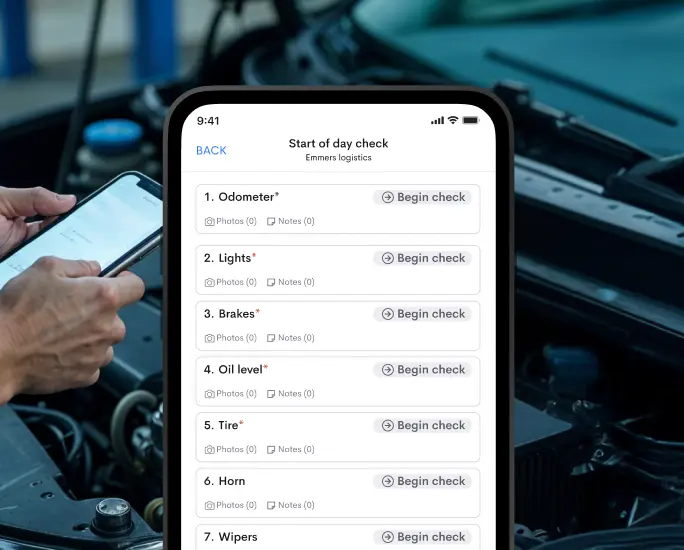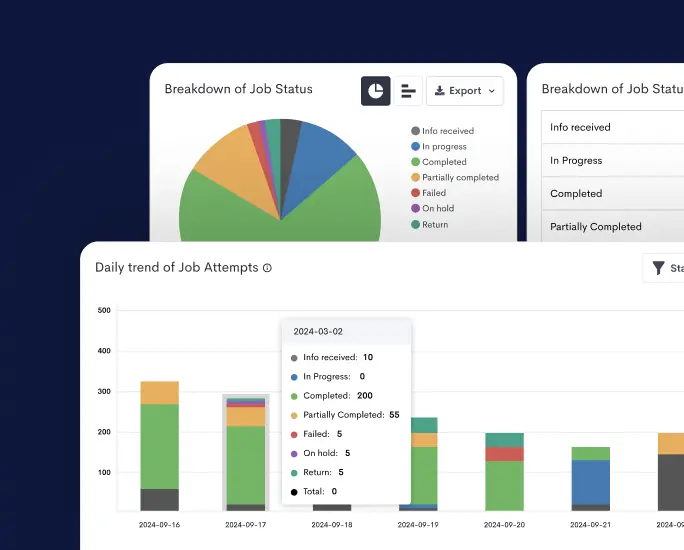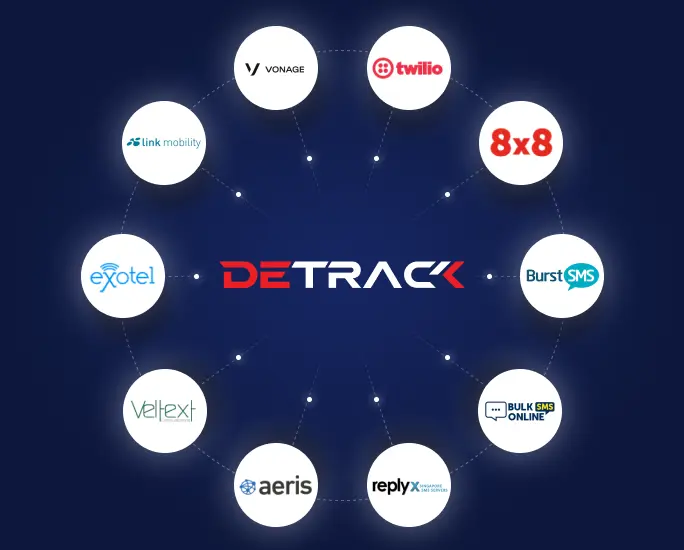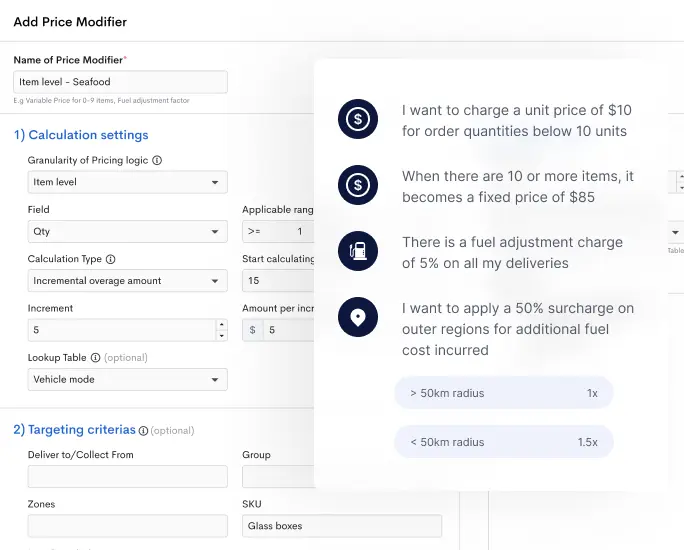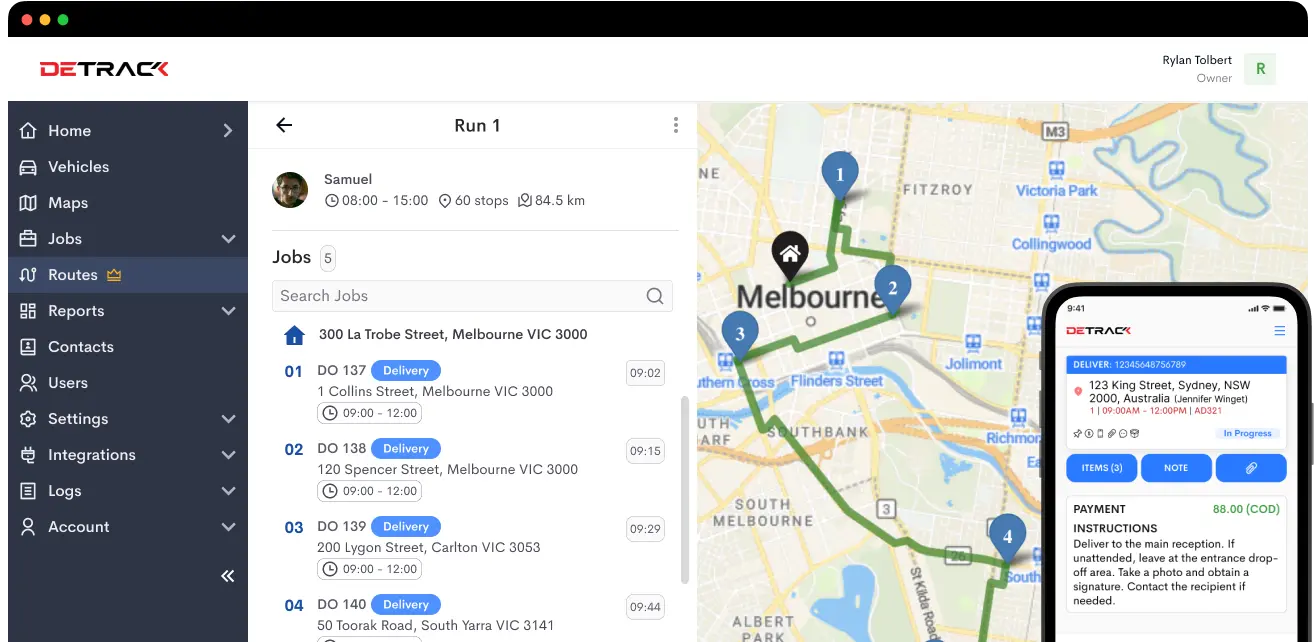Efficient logistics management is critical. From handling supplies and equipment to coordinating subcontractors and managing timelines, every detail impacts a project’s success.
Construction logistics software can streamline these processes, enhancing productivity and reducing costs. But with many options available, how do you choose the best one for your needs?
| Optimize Your Construction Logistics with Detrack Revolutionize your construction logistics with Detrack’s powerful software. Streamline your delivery processes, manage materials more efficiently, and reduce downtime with real-time tracking, automated updates, and smart route planning. Try Detrack Today! |
Construction Logistics Software: Understanding Your Needs
It’s crucial to understand your specific needs. Construction projects vary greatly in size, scope, and complexity, so the software that works for one company may not suit another. Here are some questions to ask yourself:
- What are your primary pain points? Identify the areas where your current logistics process could be improved. Is it tracking materials, scheduling deliveries, or managing equipment?
- What is the size and scope of your projects? Larger projects with multiple subcontractors may require more advanced features than smaller ones.
- What is your budget? Determine how much you’re willing to invest in logistics software. Remember, the cheapest option isn’t always the best; consider long-term value.
- What level of integration do you need? Consider how the software will integrate with your existing systems, such as accounting or project management tools.
Key Features to Look For in a Construction Logistics Software
When evaluating construction logistics software, certain features are essential to ensure it meets your needs effectively:
Real-Time Tracking
Real-time tracking is crucial for managing construction logistics. It allows you to monitor the status of deliveries, equipment, and materials as they move through the supply chain. Look for software that offers GPS tracking and real-time updates to keep everyone informed and on schedule.
Mobile Access
Construction sites are dynamic environments where access to information on the go is essential. Choose software that offers mobile access, allowing field staff to update and retrieve data from their smartphones or tablets. This feature enhances communication and ensures that everyone has the most current information.
Integration Capabilities
Your construction logistics software should seamlessly integrate with other tools and systems used in your organization, such as project management software, ERP systems, and accounting platforms. This integration reduces manual data entry, minimizes errors, and provides a holistic view of project status.
User-Friendly Interface
A user-friendly interface ensures all team members can easily navigate and utilize the software. Look for software with an intuitive design, clear navigation, and helpful support resources. Training and customer support can also significantly ease the transition.
Customization Options
Every construction company has unique processes and requirements. Software that offers customization options allows you to tailor features and workflows to fit your needs better. Whether it’s custom reporting templates or specific task management features, customization can enhance the software’s effectiveness.
Scalability
As your business grows, your construction logistics software needs may change. Choose scalable software that can accommodate an increasing volume of projects, users, and data. Scalability ensures that the software remains effective as your operations expand.
Security
Security is a critical consideration, especially when handling sensitive project data. Ensure the software provides robust security features like data encryption, user access controls, and regular security updates. Compliance with industry standards and regulations is also important.
Making the Final Decision
After completing your evaluation, you should clearly understand which construction logistics software best meets your needs. Consider the following factors when making your final decision:
- Alignment with Your Needs: Ensure the software addresses your primary pain points and aligns with your project requirements.
- Ease of Implementation: Assess how easily the software can be integrated into your existing processes and systems.
- Long-Term Value: Consider the software’s potential to improve efficiency and reduce costs over the long term.
- Vendor Reputation: Evaluate the software provider’s reputation for reliability, customer support, and ongoing development.
- User Feedback: Consider feedback from your team regarding the software’s usability and functionality.
Conclusion
Choosing the best construction logistics software requires careful consideration of your specific needs, key features, and available options.
By understanding your requirements, evaluating software features, and comparing options, you can select a solution that enhances efficiency, improves coordination, and supports the successful completion of your construction projects.
Investing in the right software can significantly improve logistics management and contribute to the overall success of your construction operations.

